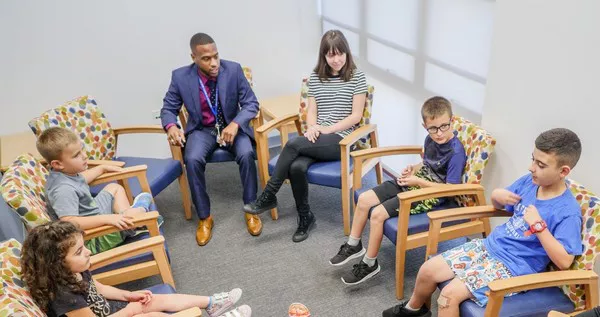A seismic shift in friendship norms is underway as Generation Z embraces digital connections as equally valid to in-person ones—challenging decades of assumptions about “real” versus “virtual” relationships. A comprehensive study from Pew Research Center found that 68% of Gen Zers consider someone they’ve never met in person to be a genuine friend if they’ve shared meaningful online interactions for six months or more. This contrasts sharply with only 29% of Baby Boomers who share this view.
These digital-native friendships exhibit unique characteristics that older generations often misunderstand. Gamers report feeling profound emotional connections with teammates they’ve never physically met—bonding through shared challenges and victories in virtual worlds. Bookstagram and TikTok communities create intense friendships based on shared niche interests that might never intersect in physical spaces. Even AI-powered virtual friends are gaining acceptance, with 22% of Gen Zers reporting they’ve derived meaningful emotional support from chatbot relationships.
Neuroscience suggests these bonds may be more authentic than skeptics assume. Brain scans of gamers cooperating in online missions show activation patterns nearly identical to those seen in face-to-face teamwork. The key difference appears to be the absence of physical cues, which Gen Z has adapted to compensate for through emojis, voice messages, and other digital intimacy builders.
However, challenges persist. Psychologists note that purely digital friendships often lack the subtle physical comforts (hugs, shared meals) that regulate human nervous systems. There’s also concern about “context collapse”—the difficulty of maintaining coherent identities across fragmented online friend groups.
In response, a new field of “digital friendship counseling” is emerging to help navigate these unique relationships. Schools are updating social-emotional learning curricula to include online friendship skills, while workplace policies are evolving to recognize remote colleagues as legitimate friend networks.
As digital and physical realities continue merging, these Gen Z friendship norms may soon become mainstream. The implications are profound—we may be witnessing the birth of a new, more expansive understanding of human connection that transcends physical proximity. What older generations dismiss as “not real friendship” may simply be friendship’s next evolutionary stage.
Related topics:


















